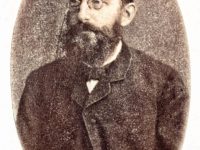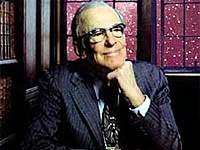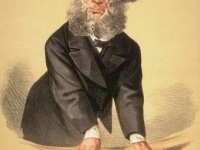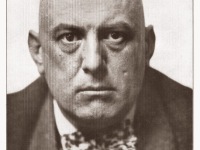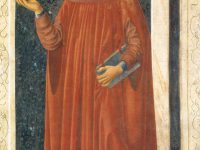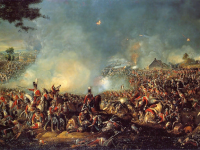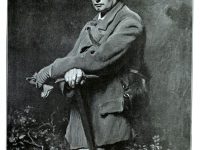Wilhelm Pfeffer – a Pioneer of Plant Physiology
On March 9, 1845, German botanist and plant physiologist Wilhelm Pfeffer was born. Pfeffer’s work on osmotic pressure made him a pioneer in the study of plant physiology. With Julius von Sachs, he was a leader in systematizing the fundamentals of plant physiology. Youth and Education Wilhelm Pfeffer was the son of a pharmacist. At first he attended the Kurfürstliche Gymnasium in Kassel, then became an apprentice pharmacist and passed the assistant examination…
Read more

